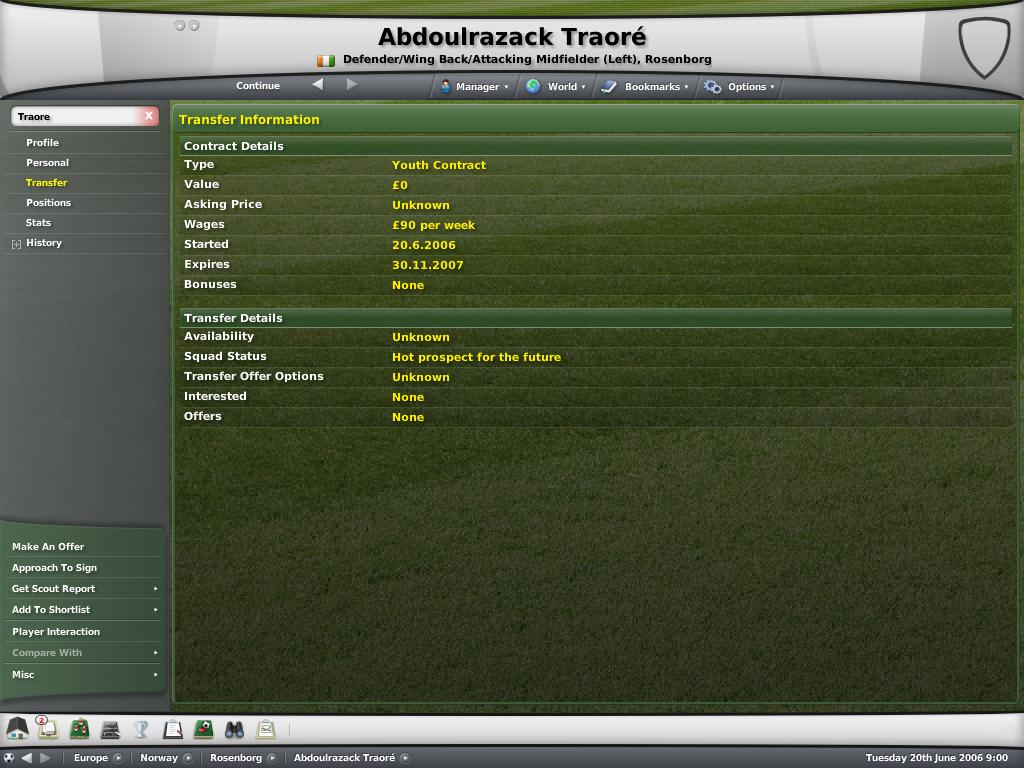In the volatile world of international football, the manager`s seat is less a comfortable chair and more a perpetually active ejector seat. One moment, they are hailed as tactical geniuses, saviors of the nation`s sporting pride; the next, they face an onslaught of criticism so severe it questions their very competence, perhaps even their place in history. Such is the brutal, beautiful game, perpetually played under the microscope of public opinion.
The Weight of a Nation: More Than Just a Game
Managing a national football team transcends mere sport. It`s an intricate dance between tactical prowess, man-management, and navigating the hopes, dreams, and often, the deep-seated anxieties of an entire populace. Unlike club football, where a manager has daily contact with their squad, national team coaches operate in sporadic bursts. They must forge cohesion, implement complex strategies, and instill a winning mentality in a matter of days or weeks, often with players who are rivals in their domestic leagues.
«Every decision is dissected, every substitution scrutinized, and every defeat, no matter how marginal, can ignite a firestorm of public outrage.»
The stakes are astronomical. A World Cup or European Championship is not just another tournament; it’s a national event, a cultural touchstone. Fail to meet expectations, and the manager quickly becomes the focal point of disappointment, a convenient scapegoat for collective despair. Success, conversely, grants them a brief, shining moment of immortality, a fleeting reprieve from the ever-present pressure.
From Pedestal to Pariah: The Swift Swing of Public Opinion
Consider the trajectory of many a national coach. They might lead their team through a triumphant qualifying campaign, hailed for their astute leadership. Then, a single, less-than-stellar performance on the grandest stage can shatter that carefully constructed reputation. Suddenly, the tactical genius is perceived as tactically naive, the inspiring leader as clueless, and the architect of progress as a destroyer of legacies.
Such criticisms often go beyond mere tactical analysis, descending into character assassinations. Phrases like «unfathomable damage» or questioning one`s standing as «the worst in history» are not uncommon, even for coaches with respectable careers. It’s a reflection not just of performance, but of the intense emotional investment of fans and media alike. For many, football is an extension of national identity, and perceived failure strikes at the heart of that pride.
The irony is profound. A coach who might have achieved considerable success at club level, winning titles and building dynasties, can find their entire career reduced to a single, perceived misstep with the national team. The very qualities that made them successful – stubborn adherence to a philosophy, bold decision-making – can be reinterpreted as fatal flaws under the unforgiving glare of international scrutiny.
The Unwritten Rules of Legacy: What Defines a «Good» Coach?
What, then, defines a truly «good» national team coach? Is it solely about lifting trophies, an achievement reserved for a select few? Or does it encompass player development, instilling a distinctive playing style, or even just leaving the team in a better position for the next incumbent? The answers are as varied as the critics themselves, often shifting with the winds of recent results.
For some, anything less than outright victory is failure. For others, a valiant effort against overwhelming odds, or the emergence of promising young talent, can temper disappointment. Yet, the popular narrative, often driven by the immediacy of media cycles, tends to favor the stark black and white of victory and defeat, leaving little room for nuance or long-term vision. This binary thinking often overshadows the complex realities of squad dynamics, unexpected injuries, or simply facing a superior opponent on a given day.
Ultimately, the national team manager operates in a perpetual state of performance review, where the evaluators are millions of passionate, opinionated citizens. Their tenure is a constant tightrope walk between strategic planning and managing an emotional maelstrom. It requires an extraordinary blend of resilience, thick skin, and an unwavering belief in one`s own methods, even when the world seems to be screaming otherwise. They are not merely coaches; they are custodians of national hope, and that is a burden few are truly prepared for.
In this unique and demanding role, the line between hero and villain is incredibly thin, often blurred by the outcome of a single match. To survive, let alone thrive, a national football manager must possess not just tactical acumen, but an almost superhuman ability to weather the storm of public opinion, knowing that their legacy, for better or worse, will be relentlessly debated long after they`ve left the dugout. It`s a job where glory is fleeting, and criticism, it seems, is eternal.

